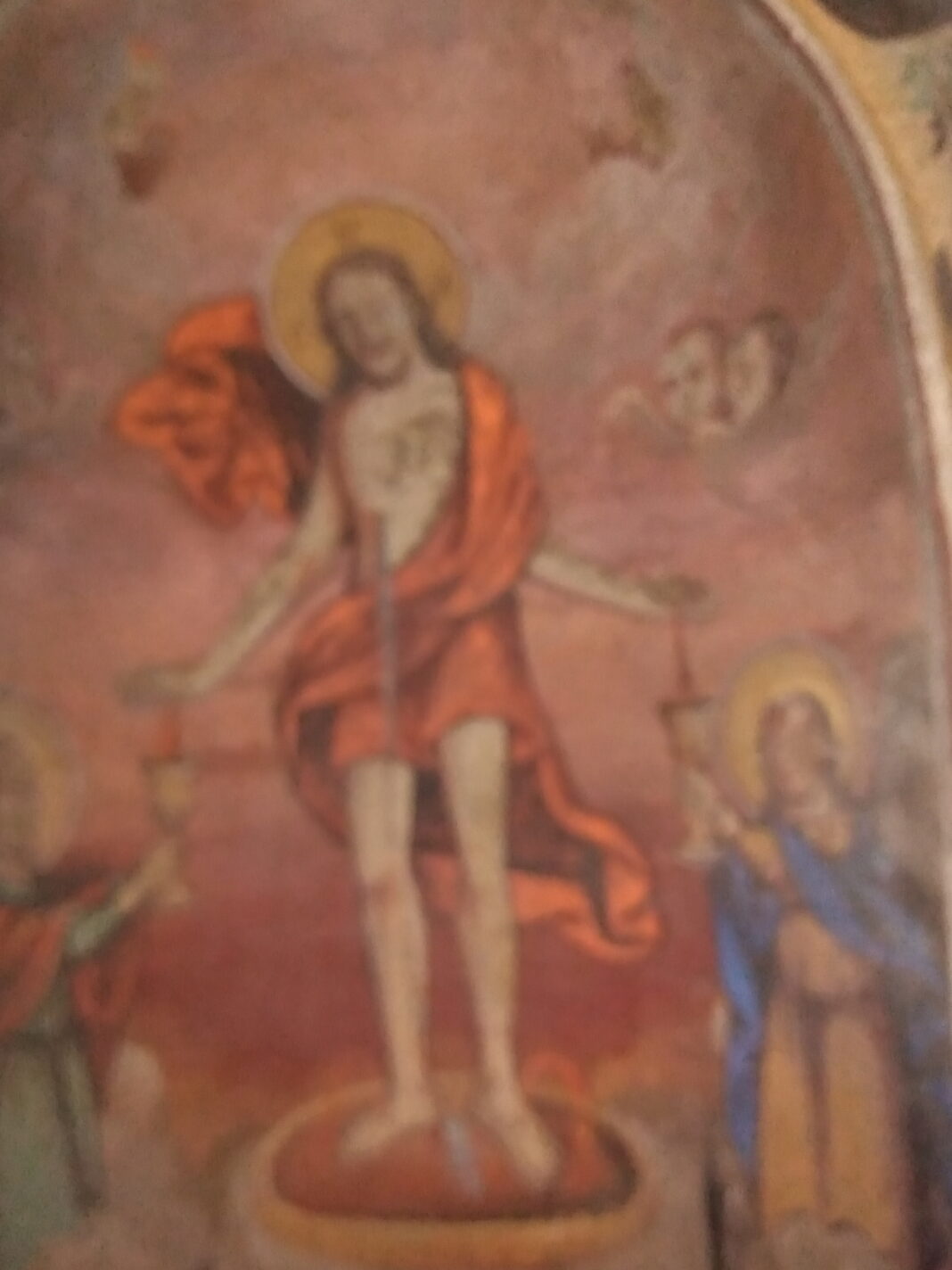By St. Athanasius (Sakharov)
[From the letters of St. Athanasius (Sakharov), Bishop of Kovrovsky (1887-1962) to Nun Varvara (Adamson)]
Regarding mentioning your deceased parents. Above all, I think that children are always obliged to pray for their parents, whatever they may have been during their lifetime – monsters, blasphemers and persecutors of the faith. I am convinced that St. Martyr Barbara prayed for her father who killed her. Your parents were Christians. If, according to the Word of God, “in every nation the one who fears Him and walks in righteousness is acceptable to Him” (Acts 10:35), how much more does this apply to those who believe in the One God, glorified in the Trinity, and who profess Christ , came in the flesh.
Orthodoxy is dearest to me. I cannot compare it with any other confession, with any other faith. But I dare not assert that all the non-Orthodox have perished hopelessly. The mercy of the Lord is great, and his deliverance is great (Ps. 129:7). Who can resist Him if He has decided to save someone? And the Lord wants everyone to be saved and to come to the knowledge of the truth (1 Tim. 2:4). He cannot save only those who themselves do not desire salvation and stubbornly resist His outstretched right hand. And your parents, as Christians, wanted and sought salvation, but they did not know the way of Orthodoxy.
If the prayer of St. Macarius the Great for the pagans brought them some comfort, how much more will the prayer of Orthodox children bring comfort to non-Orthodox parents?!
At the request of the pious Queen Theodora, the Fathers of the Church prayed hard for her husband, the fierce iconoclast and persecutor of Orthodoxy Theophilus, and received a revelation that through their prayers and because of Theodora’s faith, he was granted absolution.
So we can and must pray for the non-Orthodox. But, of course, the prayer for the non-Orthodox should be a little different. So, for example, at the very beginning of the funeral canon, a prayer is offered for the Lord to grant His eternal benefits to the deceased faithful. Something we can only say about Orthodox. Therefore, the Holy Synod approved a special rite of requiem for the non-Orthodox. Its printing began in 1917, but was not completed. Therefore, in 1934 or 1935, Mitr. Sergius (of Stragorod, successively metropolitan of Vladimir, Gorky, Moscow, vicar of the patriarchal throne and finally patriarch, b. b.) sent to the dioceses an order compiled by him for the memorial service of non-Orthodox deceased.
I think that the clergy in the Lavra have this hierarchy. If for some reason this act should not be performed, then give to the ordinary memorial service your memorial with all the names of your deceased relatives and friends, including the non-Orthodox ones, and at the very beginning of the list let the names of your parents and other non-Orthodox relatives stand .
Regarding their mention of proscomidia, it should be reasoned like this. The mention of proscomidia is accompanied by the subtraction of particles of prosphora. These particles symbolically depict those mentioned. They offer themselves to the divine Throne and immerse themselves in the divine Blood, as if they partake of it. According to the rules of the Church, not only the non-Orthodox, but even the declared, who are preparing for baptism, should not remain in the temple after the exclamation “Announced, come out” and when the Holy Eucharist is being performed. True, in recent times the ancient Christian strict discipline has weakened, and the non-Orthodox are allowed to remain in the temple until the end of the Liturgy.
However, if your parents, for example, were alive and had agreed to come with you to pray in an Orthodox church, then you yourself, approaching the Holy Communion, you would not even mentally allow the possibility of taking your parents to the Chalice.
That’s why I advise you to have a special monument with names of only Orthodox deceased for the proscomidia. It is not a sin that you mentioned your parents to the proscomidia before. You did it out of ignorance. Earlier, I also mentioned non-Orthodox to the proscomidia, and then I became convinced that it is better not to do this.
During the other moments of the liturgy, however, without specifically removing particles from the prosphora, in a secret prayer or in a funeral litany, we can also mention non-Orthodox, especially our parents.
Incidentally, the late Fr. Alexii Zosimovski advised Fr. Michael Shiku to mention his parents, devout Jews, during the litanies for the announced.
Source: Collection of Letters of St. Athanasius (Sakharov), M.: “Rule of Faith”, 2001, c. 272-274 (in Russian).









